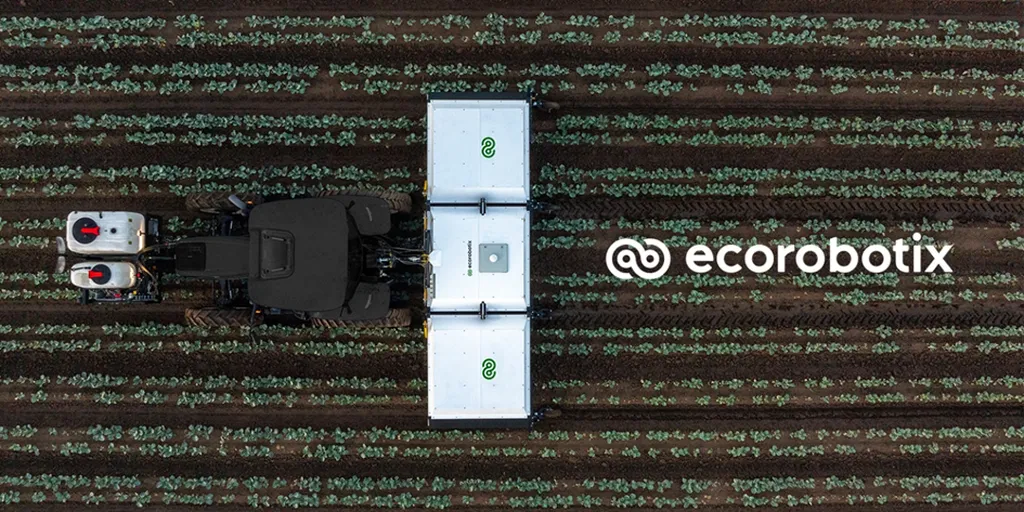In a significant stride towards advancing precision agriculture, Ecorobotix, an AI-driven company specializing in precision agriculture, has embarked on a multi-year research collaboration with Oregon State University (OSU). This partnership aims to refine weed-targeting technology specifically for grass seed production systems, focusing on Kentucky bluegrass and tall fescue—two pivotal species in Oregon’s global grass seed industry.
Dr. Pete Berry, Assistant Professor in OSU’s Department of Crop and Soil Science, leads the study. Dr. Berry’s expertise lies in precision weed management and the integration of geographic information systems (GIS) technology into agronomic practices. His research encompasses spot spraying technology, weed mapping and isolation, and weed identification through image analysis and spectral variation. Dr. Berry’s work is instrumental in enabling data-driven, field-scale approaches to weed management across specialty seed and mint oil production systems. As a member of the Pacific Northwest Herbicide Resistant Initiative, the Weed Science Society of America, and the Western Society of Weed Science, Dr. Berry brings a wealth of knowledge and experience to this collaboration.
The collaboration centers on validating Ecorobotix’s Plant-by-Plant AI technology in real-world seed production environments. Utilizing the ARA Ultra High Precision (UHP) Sprayer, researchers will assess how AI-guided spot spraying can enhance efficiency and weed selectivity while reducing chemical inputs and labor requirements. The ARA UHP Sprayer boasts a 20-foot-wide boom capable of operating at 4.5 mph, identifying and spraying weed targets as small as 2.4 by 2.4 inches. The system’s advanced vision and computing platform can detect and selectively treat problematic weeds such as poa annua and Italian ryegrass, which are notoriously difficult to control in grass seed production.
By merging Oregon State’s agronomic expertise with Ecorobotix’s cutting-edge automation, the study aims to quantify the efficiency, selectivity, and agronomic benefits of AI-guided spot spraying in grass seed and turf production systems. Early results suggest potential for substantial reductions in labor costs and herbicide use without compromising yield or seed purity.
This collaboration represents a significant step forward in precision agriculture, offering promising implications for U.S. producers. “Working with Oregon State University and Dr. Berry allows us to validate our technology in complex, high-value seed systems,” said Katerina Lee, Regional Crop Care Manager at Ecorobotix. “This collaboration represents another important step in demonstrating how our Plant-by-Plant AI and Ultra High Precision spraying can transform weed management for U.S. producers.”
As the agricultural industry continues to evolve, the integration of AI and precision technology holds the potential to revolutionize weed management practices, enhancing sustainability and efficiency in crop production. This partnership between Ecorobotix and Oregon State University is a testament to the power of collaboration in driving innovation and progress in the field of precision agriculture.

